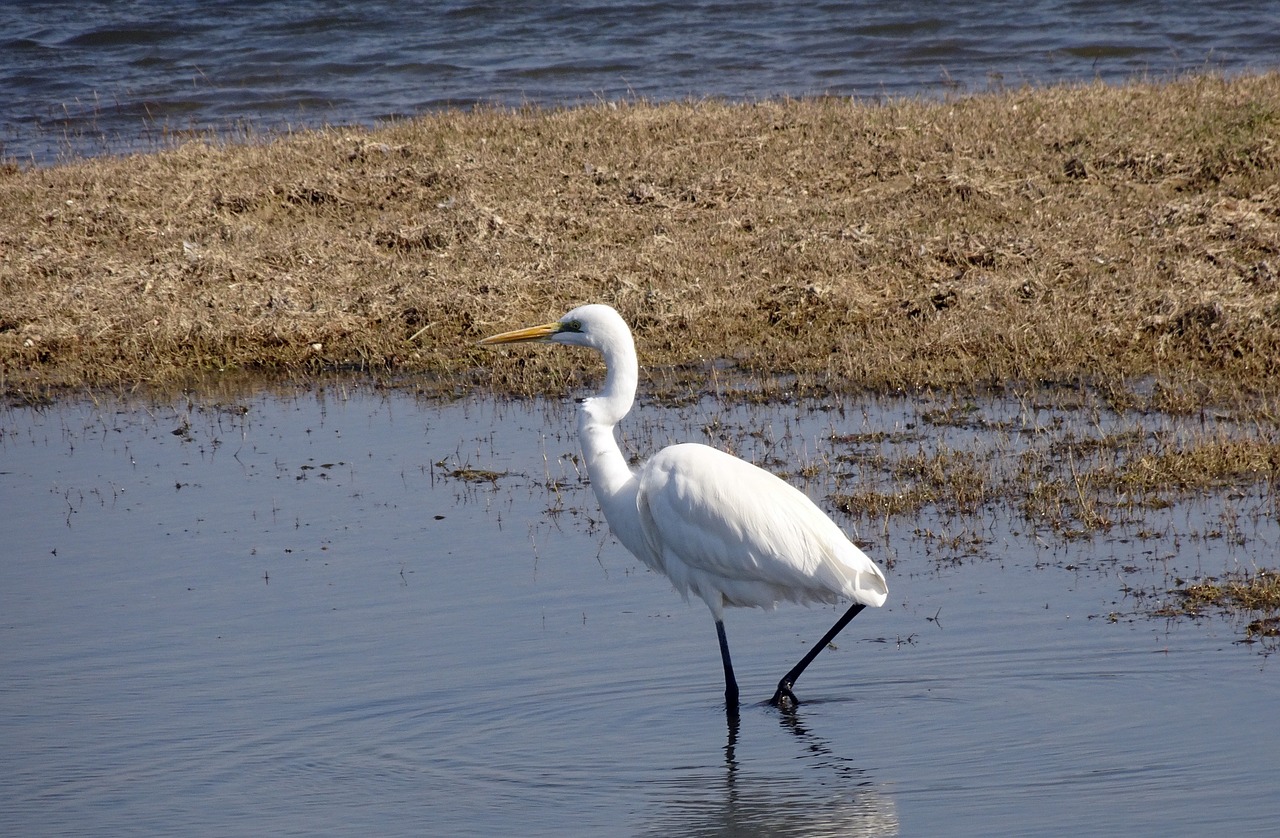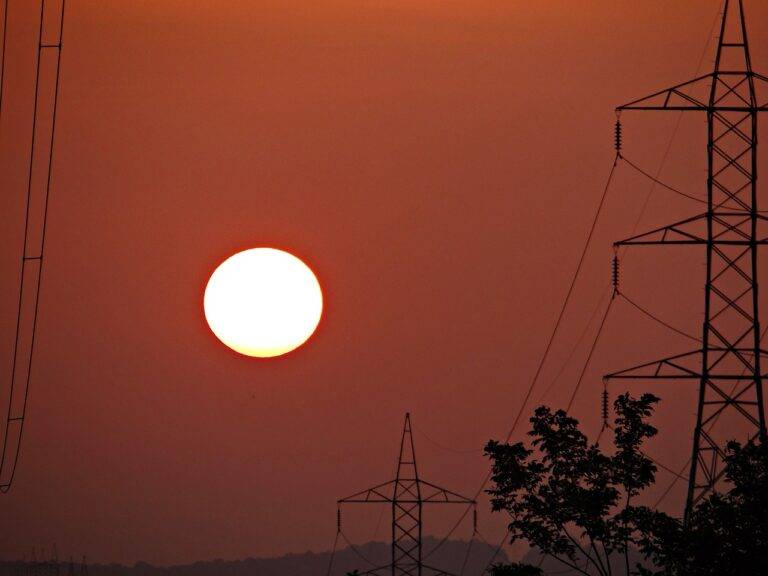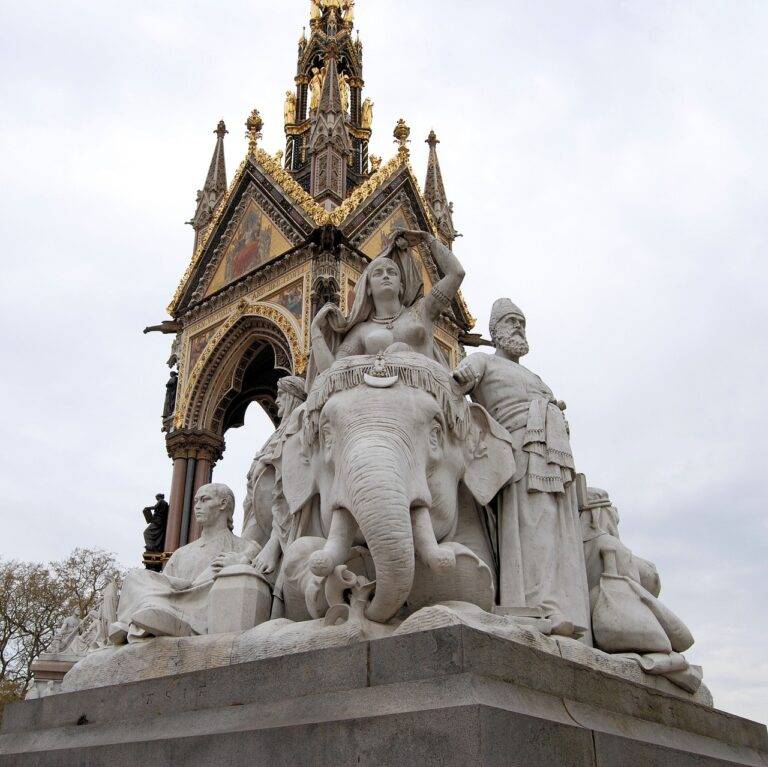Exploring the Role of Media Bias in Election Campaigns
The media holds a significant power in shaping public perception. Through its storytelling and portrayal of events, the media influences how people view and interpret the world around them. From news reports to social media posts, the information presented by the media can heavily impact the opinions and attitudes of the audience.
Moreover, the choice of stories covered and the way they are framed by the media can sway public opinion on various issues. Whether consciously or unconsciously, the media plays a crucial role in shaping the narrative surrounding important events, individuals, and societal topics. This influence can have far-reaching consequences on how people perceive the world and make decisions based on the information provided to them.
Impact of Media Bias on Candidate Image
Media bias plays a crucial role in shaping the public’s perception of political candidates. When media outlets exhibit bias in their reporting, it can significantly influence how a candidate is portrayed to the masses. This biased portrayal can either positively boost a candidate’s image or unfairly tarnish their reputation based on the preferences or agenda of the media source.
Furthermore, the impact of media bias on a candidate’s image can extend beyond the election cycle. The lasting effects of biased reporting can linger in the public’s memory and shape their opinions of the candidate for years to come. This long-term influence underscores the power that the media holds in not only shaping current perceptions but also in molding historical legacies.
How does media bias affect a candidate’s image?
Media bias can shape public perception of a candidate by emphasizing certain characteristics or actions while downplaying others, thereby creating a distorted or one-sided view.
Can media bias impact an election outcome?
Yes, media bias can influence voters’ opinions and ultimately affect election results by swaying public perception of a candidate.
How can candidates combat media bias?
Candidates can try to counteract media bias by engaging with a variety of media outlets, cultivating a strong online presence, and directly addressing any false or biased information that is being spread.
Are there any regulations in place to prevent media bias?
While there are ethical guidelines for journalists and media organizations, there are no specific regulations that govern or prevent media bias. It is ultimately up to the public to be critical consumers of media content.





